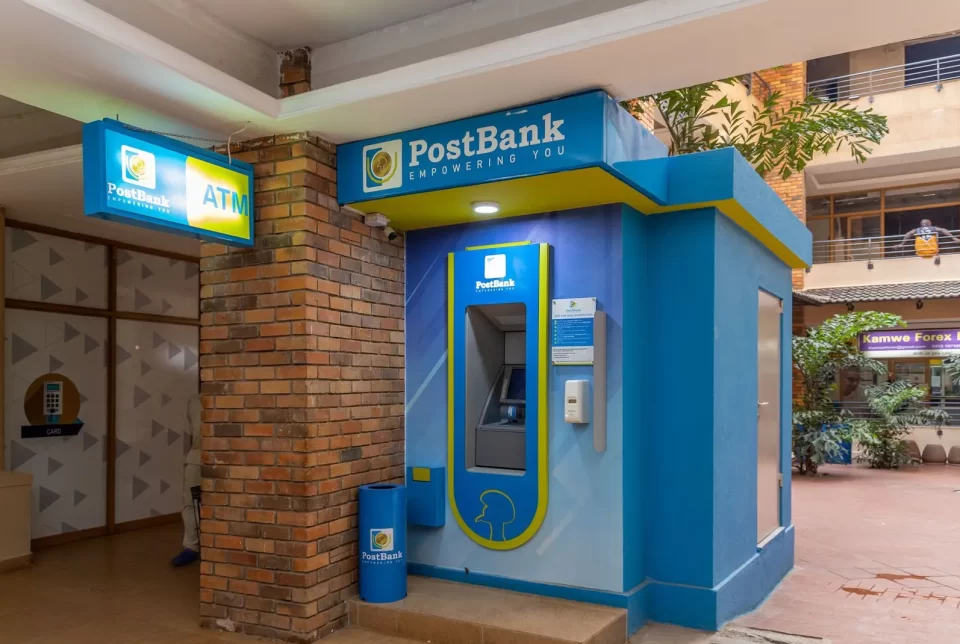By Kato Jamil
Authorities in the Elgon Sub-region, along with PostBank, are currently probing the discovery of counterfeit currency amounting to Shs500 million found in the vault of the bank’s Mbale branch. The shocking find, which was made public by Daily Monitor, has raised serious concerns over the security protocols within the bank and the growing sophistication of counterfeiting operations.
On November 11, the counterfeit notes, predominantly in Shs50,000 denominations, were uncovered when a staff member retrieved cash from the vault and brought it to the counter for routine processing. Suspicion quickly arose over the authenticity of the notes, prompting further scrutiny and an investigation into the source of the fake currency. Staff members later confirmed that a series of counterfeit notes had been deliberately concealed within bundles of genuine currency, a tactic that experts believe points to an organized operation.

In the wake of the discovery, several bank employees, including security personnel, have been arrested to assist in the investigation. Priscilla Akora, the head of marketing and communications at PostBank, reassured customers that the discovery should not cause undue alarm. “As per our established procedure, we have handed over some of our officers to assist in the investigation. This is a normal protocol when such incidents occur,” she stated. Akora further emphasized that customer deposits remained safe, and PostBank would continue to abide by the regulations set by the Bank of Uganda and the Deposit Protection Fund.
However, details from within the bank have painted a more concerning picture. Anonymous staff members revealed that senior officials from both the regional and head offices had visited the Mbale branch just three weeks prior to the discovery. Despite this, the counterfeit currency had gone undetected at that time, raising questions about the effectiveness of the bank’s internal controls.
Rogers Taitika, the spokesperson for Elgon Police, confirmed the ongoing investigation, stating that the case is now in court. “The bank officials reported the counterfeit money immediately after its discovery, and we are actively investigating the matter,” he said. Taitika also confirmed that the branch’s former operations manager had been arrested, charged, and remanded in connection with the incident.
Sources close to the investigation suggest that the counterfeit currency had been strategically smuggled into the bank’s vault by a well-organized syndicate involving bank personnel. According to one anonymous police detective, the counterfeit notes were skillfully bundled with genuine currency, with each fake bundle concealed beneath authentic bills, making it difficult to detect. “There is a significant loss of Shs500 million or more,” the detective revealed.
Further investigation has also uncovered that the former operations manager left the branch on October 28, allegedly leaving behind the fake currency. The newly appointed operations manager, who took over the role, was reportedly unaware of the counterfeit notes. The new operations manager, when contacted, declined to comment, stating, “I travelled. Approach the bank for more details.”
Moses Wandera, who currently oversees the eastern region’s distribution channels and is the interim manager at the Mbale branch, also refused to provide a statement, citing a lack of knowledge about the matter.
This alarming discovery has put a spotlight on the vulnerability of financial institutions to internal fraud, especially given the growing sophistication of counterfeit operations. The fact that the counterfeit notes were only uncovered after a routine transaction suggests significant gaps in the bank’s internal security measures, and the involvement of several employees points to potential collusion within the institution.
As investigations continue, questions remain about the effectiveness of the bank’s procedures, the extent of the syndicate involved, and how such a large sum of counterfeit currency managed to evade detection for so long. This incident serves as a stark reminder of the need for financial institutions to continually review and strengthen their internal controls to safeguard against increasingly complex fraud schemes.
Have An Advert Or Article You Want Us To Publish? Email: [email protected]

